2017 and beyond - Exclusive Q&A with Red Bull’s Christian Horner
Having been team principal of Red Bull since 2005, Christian Horner has lived through (and been involved in) many changes in Formula 1 racing – so what does he make of Liberty Media’s recent agreement to acquire F1, and how does he think it might affect things in 2017 and beyond? Read on to find out…
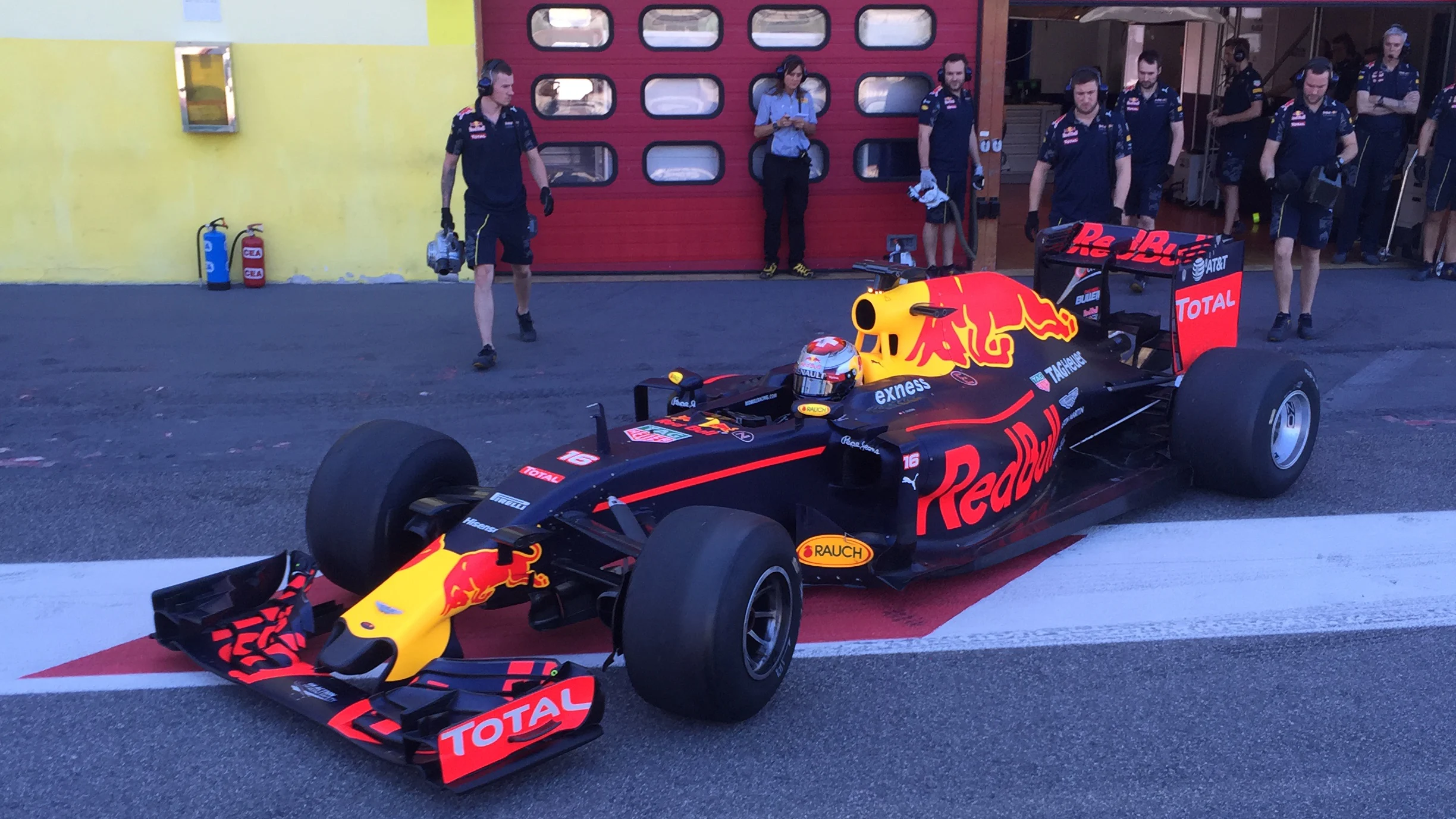
We already have significant changes for 2017 and that will significantly improve the show
Q: Christian, with the Red Bull organisation running two teams, a new F1 ownership situation must be of extreme importance. From your conversations with him in Singapore, what is your impression of Chase Carey, Formula One’s new Chairman?
Christian Horner: The initial talks were very positive in the areas that Chase seems to focus on - areas where Formula One has historically been a bit weak. So if the power of a group like Liberty Media can open up opportunities in digital media, social media and the American market in particular, that is something that I think could really complement Formula One. As a buyer of the business, I by far prefer a group like Liberty than another venture capitalist.
Q: So is it welcomed from Red Bull’s side that it is a media company with far reaching interests including sports, instead of a pure investment company?
CH: You would certainly hope that with the reach that Liberty have, through their various platforms and influence, that this must surely somehow open up doors for Formula One - particularly in the American market. Bernie (Ecclestone) has done an incredible job to take F1 to where it is today and on that route having extracted every penny worldwide that there has been to extract for the sport. (Laughs) So the hope is that this new situation can complement the work that he has done by opening up avenues in the US market, with these other media platforms as revenue generator.
Q: Is the US market of particular importance to Red Bull? You have already mentioned it more than once…
CH: Red Bull sells more of its products in America than in any other country in the world, so of course that market is extremely interesting for us. So I repeat: the impression from the first initial conversations is positive - and the outlook for F1 post-2020 under the new ownership is positive.
Q: There are significant rules changes coming in 2017. The most important thing now must be not to rock the boat. How do you imagine it all panning out?
CH: First of all it is great that Bernie is still retained and involved - at least for the next three years. I think it will be a matter of working closely with Bernie and understanding the business and simultaneously addressing the weaknesses that F1 has. I don’t think that anybody is under illusions that you just can walk in and turn everything upside down. These guys are smart and invested for the long term. The good news is the long-term perspective and not trying to have a fast return on investment.
Q: One quote from Mr Carey was all over the media: that F1 cannot be a ‘dictatorship’ in the future. But isn’t no dictatorship what the teams fear most, given their usual difficulty in finding consensus on things?
CH: Ha, we don’t have a dictatorship at the moment. We have a democracy and we tend to get ourselves into a little bit of trouble. With strong stewardship - in the end they have to sell a product - the commercial rights’ holder should dictate which product they want to sell. Sometimes this gets lost with the FIA and the teams. Focusing on strategy now for 2020 and beyond will be an absolutely right thing to do, as it takes the emotions out of today’s competitiveness and today’s issues. So ideally the focus is on 2020 - that would be a shrewd thing.
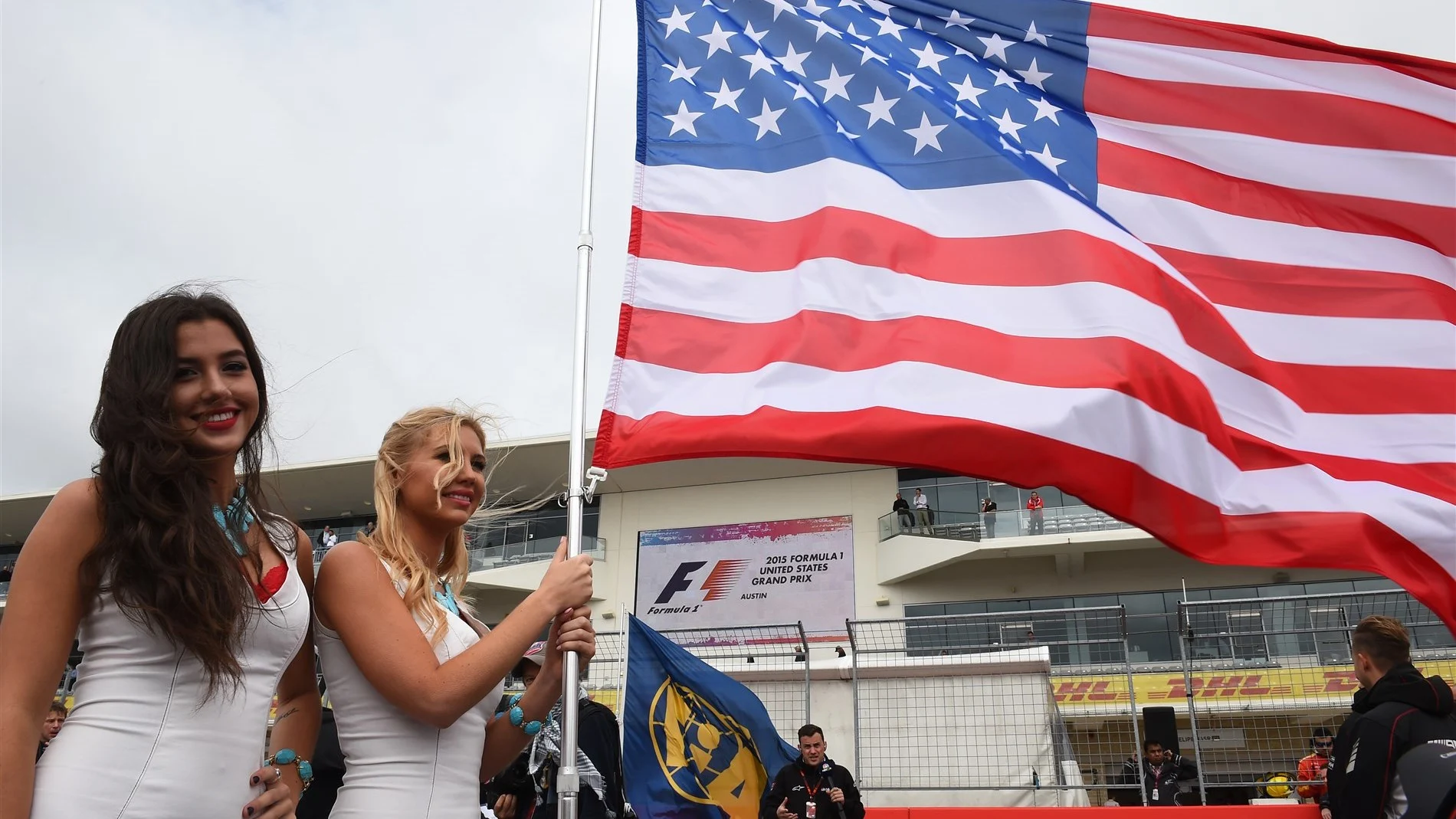
Formula One, as the pinnacle of motorsport, has to have a strong presence in the US
Q: So your suggestion is to leave things as is right now and to start work on a framework for 2020 and beyond?
CH: Yes. We already have significant changes for 2017 and that will significantly improve the show, for sure. Wider cars; bigger tyres; five seconds per lap quicker to challenge the drivers: that will add to the spectacle. What we, of course, should never lose focus on is that our cost drivers are too high at the moment - we need to look at how to make F1 sustainable for the smaller teams. So right now there are many things that we should consider. On top, there are many contracts that run up until 2020 and nobody has a commitment beyond that. So you better start thinking about the future sooner rather than later.
Q: Should teams be involved in that process?
CH: They shouldn’t be leading that process. They should be consulted, but it is impossible for any team to be impartial.
Q: Red Bull have previously run in NASCAR in the United States. Is there something to be learned from that?
CH: It is certainly a different kind of racing, so it is hard to say what F1 can learn from NASCAR, or vice versa. It was an interesting experience and Red Bull did learn some valuable lessons from it. But when thinking about how F1 can penetrate the American market, it is probably worthwhile to look at how soccer - another very European sport - has managed to draw interest. Soccer in the US is rapidly growing by making the fans understand the sport. Formula One, as the pinnacle of motorsport, has to have a strong presence in the US. My fear is that unless we have an American hero - a driver competitive enough to win races - then it will be difficult to galvanize any support.
Q: Could Red Bull’s young driver programme deliver such an American hero?
CH: There is nobody in the pipeline. Our system is purely focused on talent and at the moment we haven’t discovered any young protege from the US that fits the system. Of course we hope that will come in time, but right now there is nobody on our radar.
Q: After a rocky start to the season, and an unexpected driver change, Red Bull Racing have become Mercedes’ closest rivals in the standings. What has been most significant in this? Drivers? Engine? More input from Adrian Newey?
CH: It is a combination of many factors. We came into the season not thinking that we would be in the top five in the constructors’ championship, so I would say that one factor for sure is that the engine has made a reasonable step forward from last year - that is probably the biggest factor. On the chassis side, our senior technical team have done an amazing job. And yes, the drivers have played their part as well. They have extracted the most from what they were given. I think strategically we are strong and we capitalised where possible on opportunities. And the car has been reliable, which is also a key factor.
Q: Will you be able to retain your current second place in the standings? How much is Ferrari contributing to it?
CH: It will be tight for the remaining races. Ferrari on average have a stronger race car than us, but we managed to make more of our opportunities. I am under no illusions that it will be very tight to stay where we are.
Next Up
Related Articles
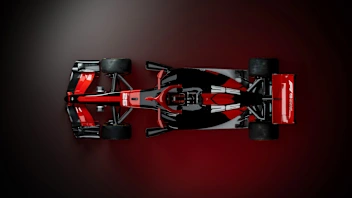 Everything you need to know about F1's new rules for 2026
Everything you need to know about F1's new rules for 2026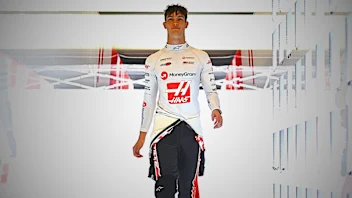 ExclusiveHow Bearman went from super-sub to star rookie in 2025
ExclusiveHow Bearman went from super-sub to star rookie in 2025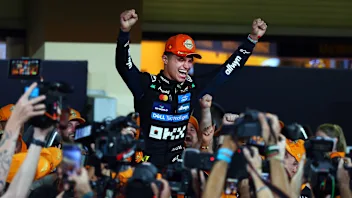 UnlockedQUIZ: 10 questions on the new World Champion Lando Norris
UnlockedQUIZ: 10 questions on the new World Champion Lando Norris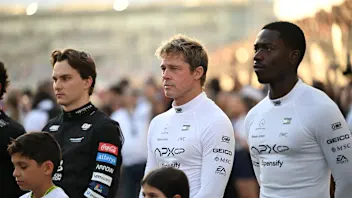 ExclusiveHow APXGP was brought to life by costume designer Julian Day
ExclusiveHow APXGP was brought to life by costume designer Julian Day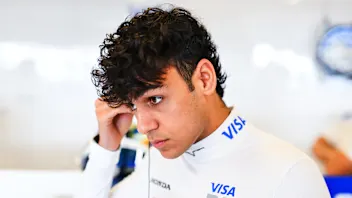 Marko ‘believed in me when others didn’t’ – Lindblad
Marko ‘believed in me when others didn’t’ – Lindblad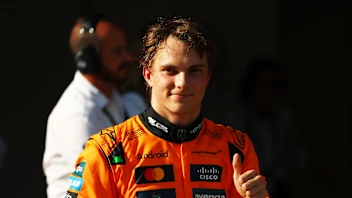 Piastri reveals lessons that will ‘only make me stronger’
Piastri reveals lessons that will ‘only make me stronger’